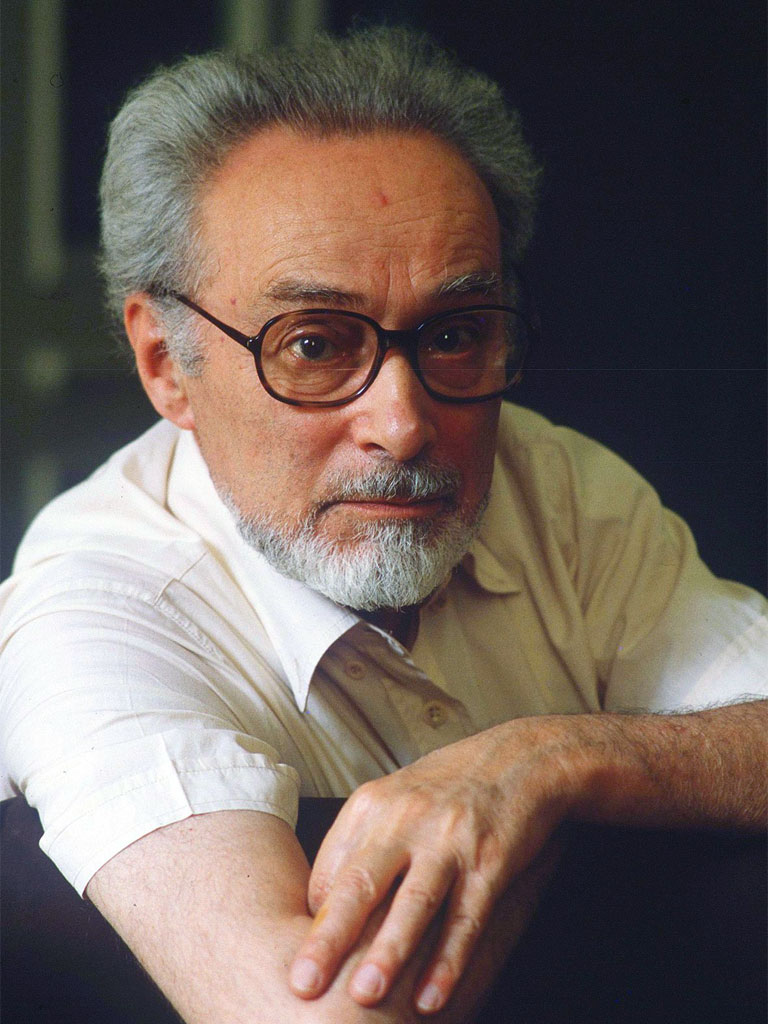FIND ITALIAN BOOKS

Primo Levi (1919-1987) was an Italian Jewish chemist, writer, and Holocaust survivor, best known for his poignant and reflective works on his experiences during World War II. His literary contributions offer profound insights into the human condition, morality, and the atrocities of the Holocaust. Here are some key aspects of his life and work:
Early Life and Education
- Birth and Background: Born on July 31, 1919, in Turin, Italy, Levi was raised in a liberal Jewish family.
- Education: He studied chemistry at the University of Turin, graduating in 1941 despite the increasing restrictions on Jews under Mussolini’s regime.
World War II and Auschwitz
- Arrest and Deportation: In 1943, after joining an anti-fascist resistance group, Levi was captured by the Fascist militia and handed over to the Germans. In February 1944, he was deported to Auschwitz.
- Survival: Levi survived the Holocaust due to a combination of his resourcefulness, luck, and his assignment to relatively less brutal work within the camp’s chemistry lab.
Literary Career
- “If This Is a Man” (1947): Levi’s first and most famous book, also known as “Survival in Auschwitz” in the US, is a memoir detailing his experiences in the concentration camp. It’s considered one of the most important works on the Holocaust.
- “The Truce” (1963): This sequel to “If This Is a Man” chronicles Levi’s journey home from Auschwitz and his encounters with various displaced persons in post-war Europe.
- “The Periodic Table” (1975): A collection of 21 autobiographical stories, each named after a chemical element, that interweave Levi’s experiences as a chemist with broader reflections on life and humanity. This work was highly acclaimed, named the best science book ever by the Royal Institution of Great Britain in 2006.
Themes and Style
- Humanity and Morality: Levi’s writing often explores the moral dilemmas faced by individuals in extreme circumstances, emphasizing the importance of retaining one’s humanity.
- Survival and Memory: He delves into the psychological and philosophical aspects of survival and the imperative of remembering and bearing witness to the past.
- Clarity and Precision: Levi’s background as a chemist is evident in his clear, precise prose and his systematic approach to storytelling.
Legacy
- Influence: Levi’s works have been translated into numerous languages and continue to be studied and revered worldwide. His insights into human nature and the horrors of the Holocaust have made an indelible impact on literature and Holocaust studies.
- Death: Levi died in 1987 under circumstances that some believe to be suicide, though this remains a topic of debate. His death added a tragic note to a life profoundly marked by suffering and resilience.
Primo Levi’s contributions to literature and history remain invaluable, offering a powerful testament to the resilience of the human spirit and the imperative of remembrance.
Bestselling Books by Primo Levi
Last updated on July 5, 2025 6:03 am























